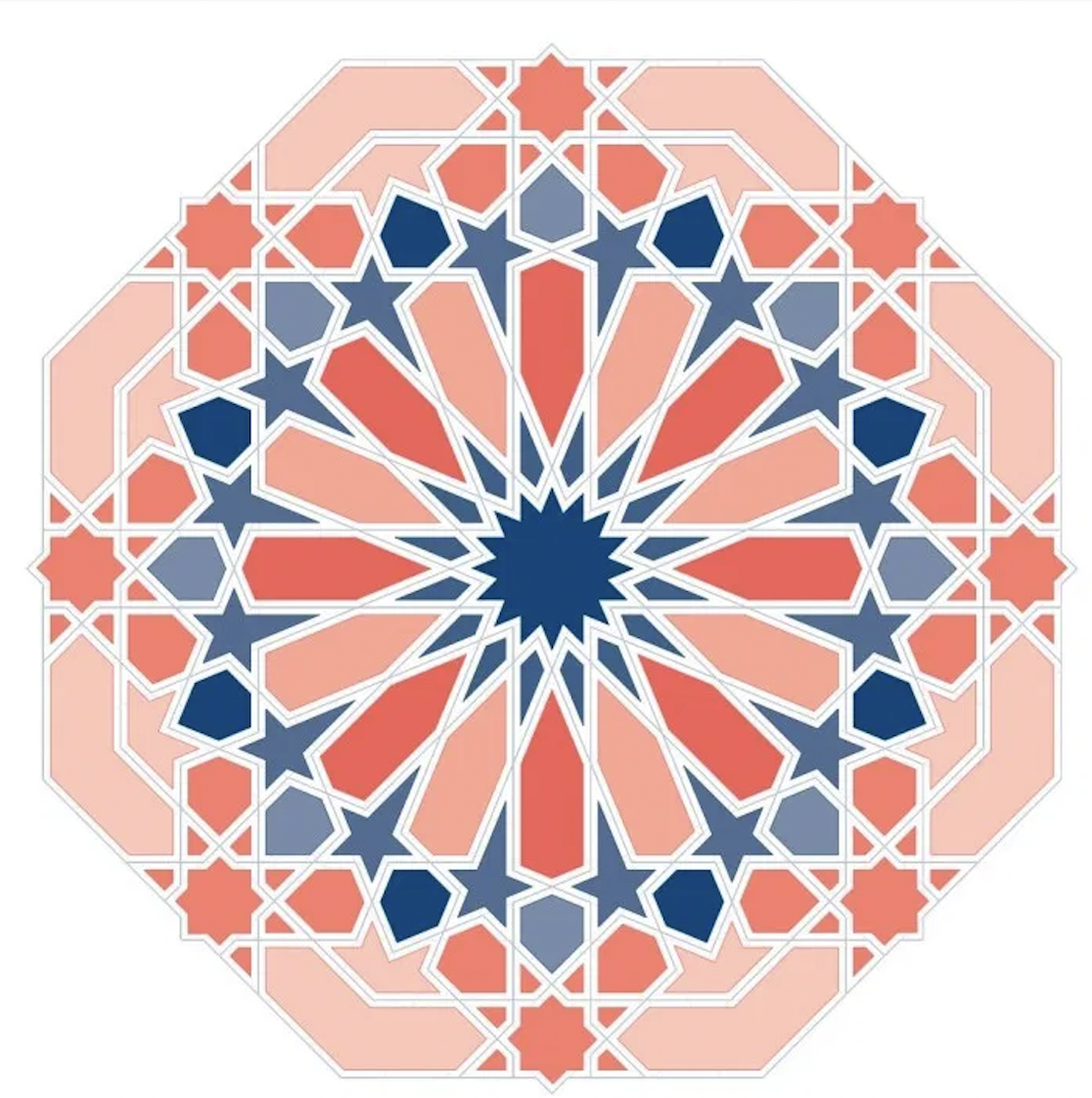Hali’s Musaddas: Lamenting the fall of the Muslim world
Altaf Hussain Hali’s poetic genius, Musaddas or “the ebb and flow of Islam,” was written in 1879 and tells the story of the Muslim community’s decline in 19th century India and Hali’s premonition of an even bigger collapse to come, which he felt that Muslims were totally unaware of.
The poem had a great influence on the work of beloved Indian Muslim poet, Muhammad Iqbal, especially the poem ‘Shikwa’ or Complaint. Iqbal also wrote extensively about the Muslim past and mourned their decline.
T.G. Bailey wrote about the Musaddas, that “no poem has had so great an effect on the Urdu-speaking world.” The success of this poem and Iqbal’s poetry is that they touched the very heart of Muslim sentiment at the time they were writing. The community were deeply affected by ill treatment from the British (it was not too long after the first Indian uprising of 1857), and the destruction of the power of the once mighty Mughal Empire.
The style that Hali used was the Urdu ‘shahr ashob’ tradition which literally means ‘city disturber.’ It is a lament. The style aptly reflects the feeling amongst Indian Muslims at the time, and a sort of melancholy and depression that they felt due to their current weakened position under British rule and a failing Mughal dynasty which was only there in name.
More recent evidence discovered in letters from the 19th century Indian Muslim philosopher and founder of what was to become the Aligarh Muslim University, Sir Sayyad Ahmad Khan, highlights that the inspiration behind the Musaddas is the Arabic poem, Lament for the Fall of Seville written by Arab poet, Al-Rundi in 1267.
Sir Sayyad, wrote articles in the Aligarh Institute Gazette about the sadness of the fall of Muslim Andalusia and how it had been eloquently captured in Arabic poetry. He felt that no one was capturing the current state of Muslims in India who seemed to be going through the exact same situation. He later implored his friend Hali to use his skills to write about the situation of Muslims in India.
The Urdu ‘shahr ashob’ tradition didn’t traditionally refer to the loss of other historical Muslim empires, as-Rundi’s lament did. Hali therefore, adopted this Arabic style into the Urdu tradition by referring to the fall of other Islamic empires in his Musaddas.
“The Musaddas indeed participated in the increasing pull of Urdu-speaking elites towards their Arab heritage, and the poetic mention of Delhi alongside Cordova or Baghdad coincided with their greater awareness of belonging to a wider Muslim world.”



